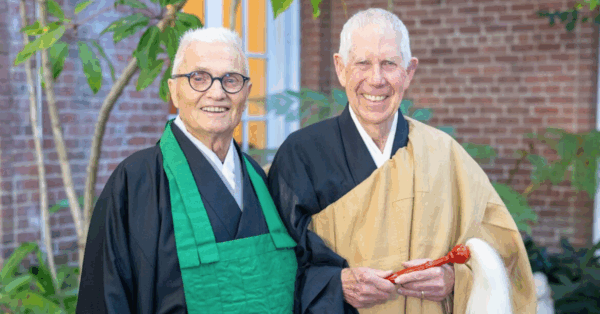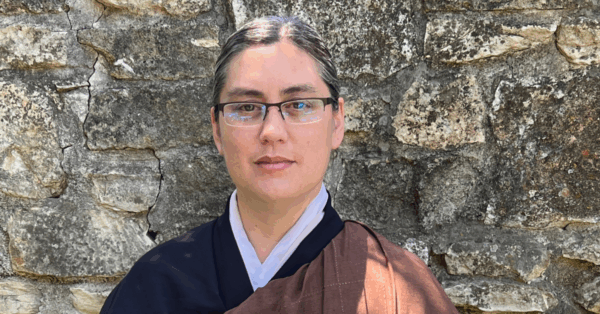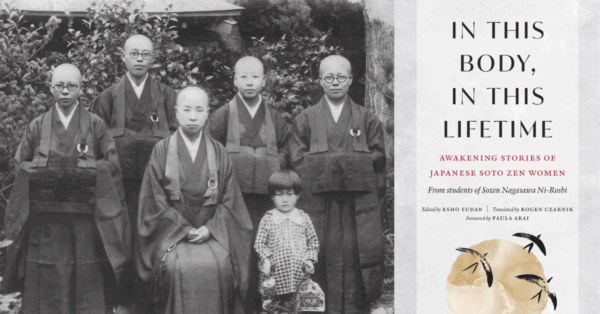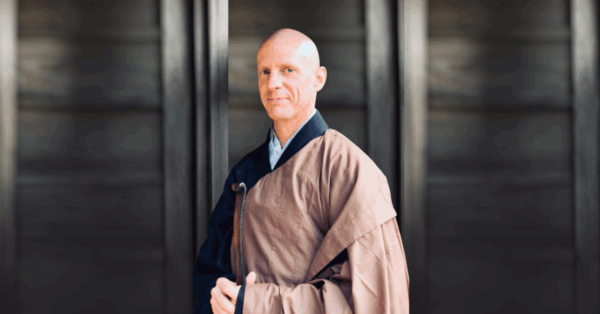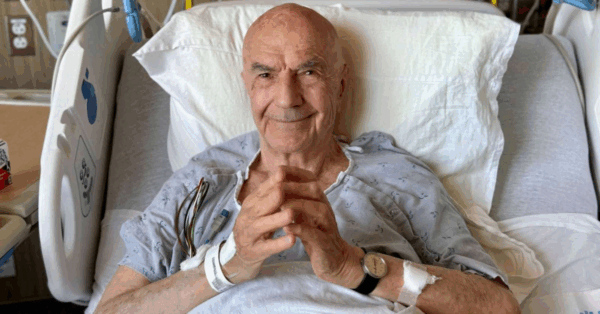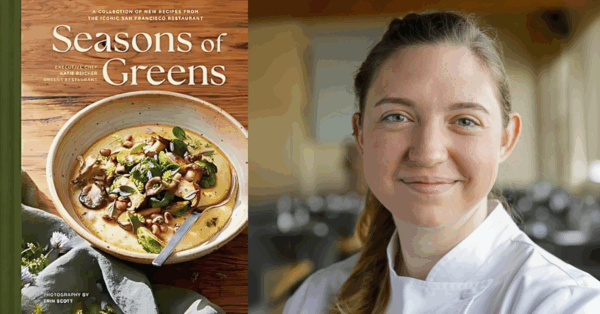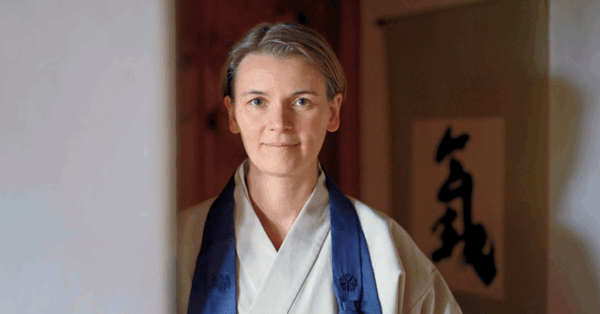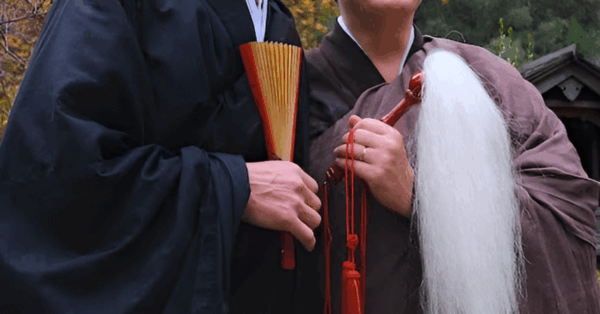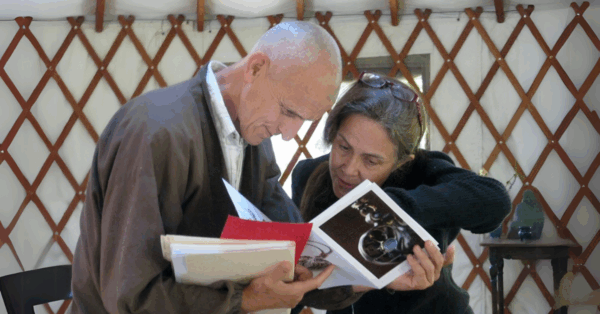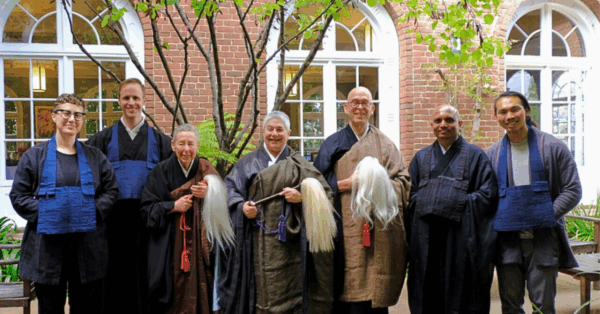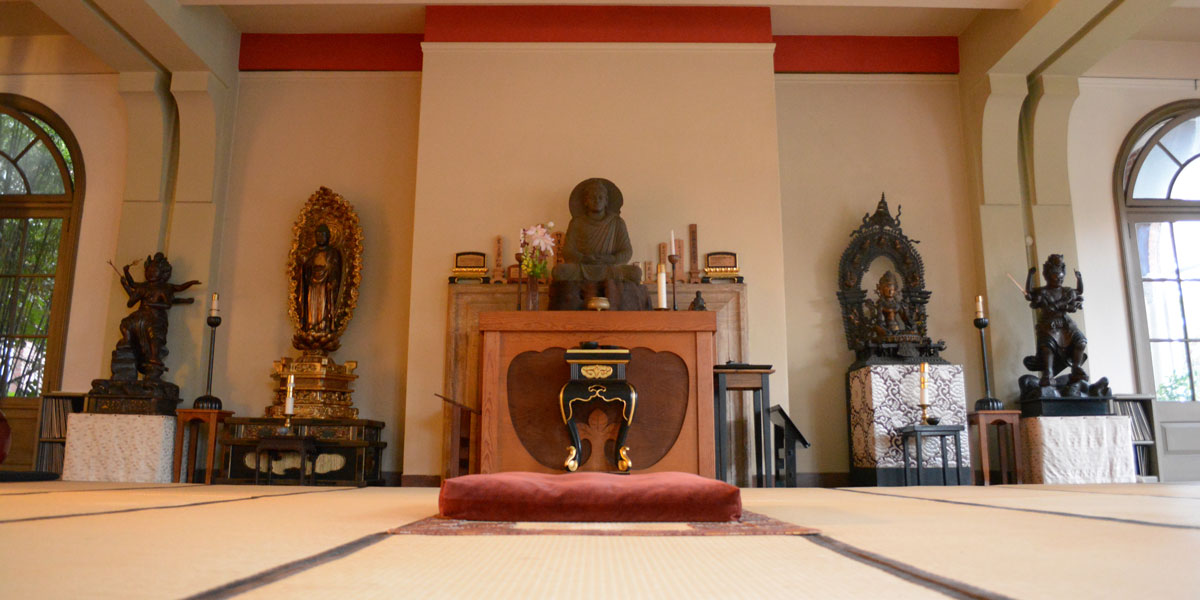
On most Saturday mornings, following morning zazen, a well-being service is offered at Beginner’s Mind Temple (and currently held online.) The purpose of the ceremony is to evoke compassion for people who are suffering in body or mind and includes the chanting the names of those who would benefit, such as someone who is ill, in pain, or experiencing a loss.
The names to be chanted are submitted by members of the sangha and the list is compiled by the Ino, the temple officer in charge of the meditation hall and ceremonies. A new protocol, which goes into effect on April 1, is that at the beginning of each month names will be removed unless the request for their inclusion is renewed.
Sangha News spoke with Kodo Conlin, the City Center Ino, about the well-being service.
SN: Can you tell us a bit about the service itself, what it consists of, how it works?
KC: Since the temple is still closed, we have been holding the service on Zoom. It’s form is basic to Soto Zen liturgy: the Doshi (priest leading the service) enters the Buddha Hall, offers fragrance at the altar, and performs prostrations. After this the Enmei Jukku Kannon Gyo, a verse of invocation for compassion, is chanted followed by a dedication of merit for the people whose names have been submitted. We also include all of those who are harmed and effected by the pandemic and by structural racism. The dedication includes a minute of silence during which the names appear on the screen.
SN: Could you say a bit about the chant?
KC: The Enmei Jukku Kannon Gyo is the calling forth of the quality of compassion through the Bodhisattva Kannon, or Avalokitesvara, and offering that quality of heart to those in our and others’ lives who are suffering.
SN: In Buddhism the teaching maintains that we are each responsible for the karma we create and for the consequences of that karma. The idea that our chanting can somehow make a difference in the lives and the well-being of others, the so-called transfer of merit, seems to contradict this. It can seem a bit superstitious, sort of like magic.
KC: I understand that it could seem that way. But another way of looking at it is that we are engaging body, speech, and mind in the creation of wholesome karma without knowing how that seed will come to grow in the future. And we are generating more good karma in the act of giving that merit away. The ceremony closes with a formal transfer of merit. This offering of any benefit generated by the ceremony to those who need is further beneficial karma.
SN: And in the real world, on the level of observable cause and effect?
KC: Dogen, the founder of Soto Zen, had great faith in the interpenetration of all phenomena. We are affected by all things, all beings; and all things and beings are affected by us. Whatever wholesome contribution we can make to the well-being of others, for me, is enough to go on.
SN: Thank you, Kodo.
Sangha members are invited to submit names for the ceremony by contacting the City Center Ino at ccino@sfzc.org.
While City Center remains closed during the pandemic, the well-being ceremony happens most Saturday mornings at 7am, in the Online Zendo, via Zoom. To participate, see the Online Zendo webpage.


